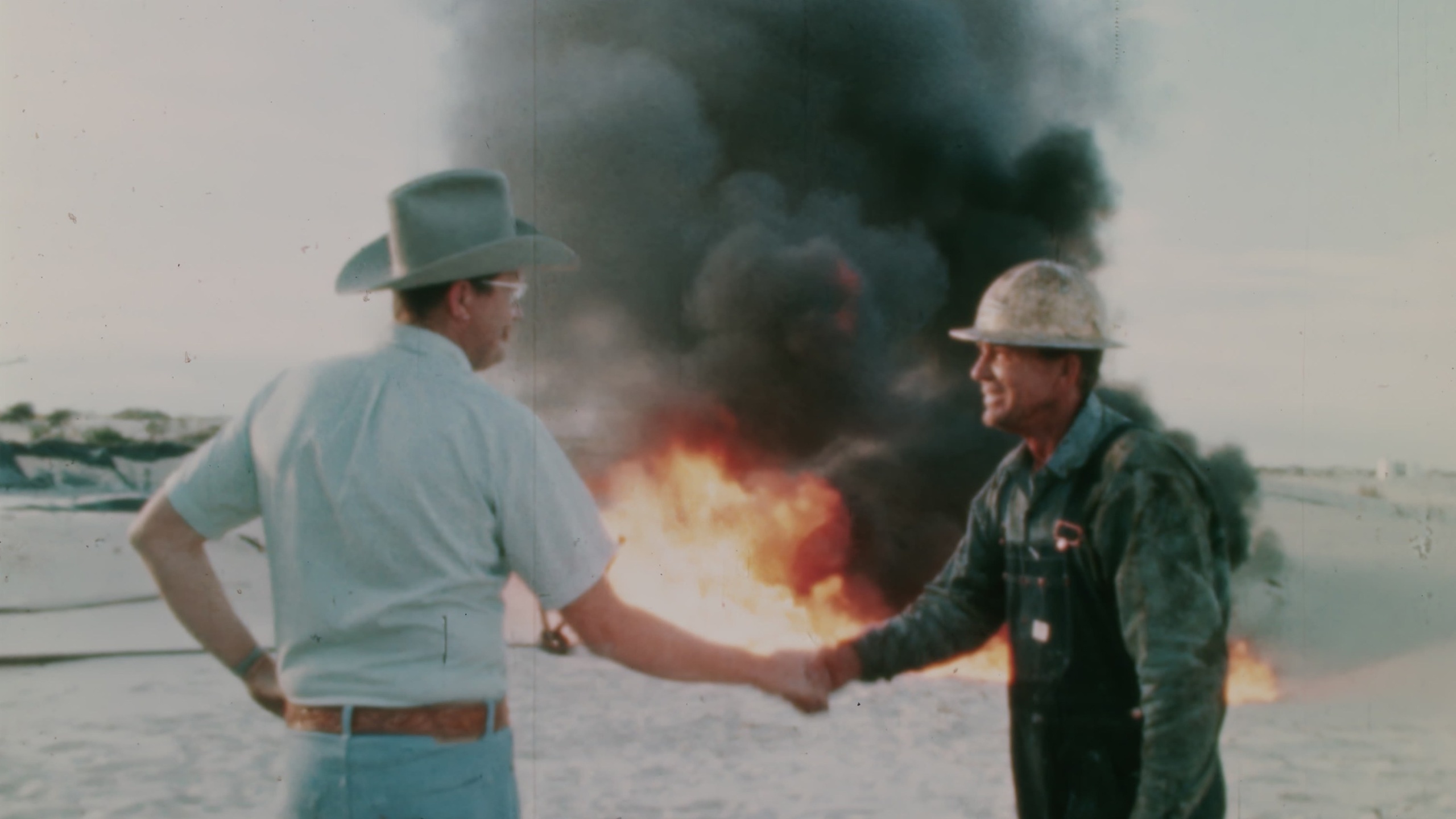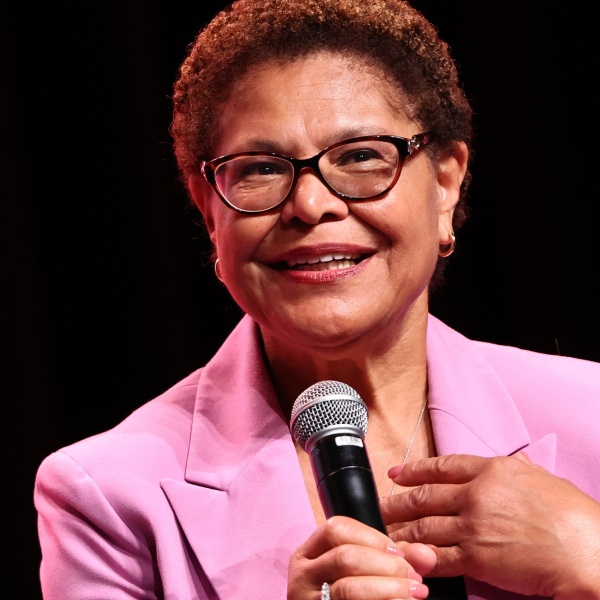The opening scenes of “The White House Effect” feel like a nostalgic stroll through an era in which every new problem wasn’t immediately designated as a culture war battlefield. A quaint time when the lack of partisan media outlets, online misinformation, and excessive reliance on small dollar fundraising made for an electoral climate where politicians were, at the very least, serious about giving off the illusion that they took their jobs seriously. When the issue of man-made climate change first became a public issue, the rhetoric from Republican and Democratic politicians was largely the same. Everyone acknowledged that there was a problem to be solved through some form of federal government intervention, they merely disagreed about who was most qualified to do it.
Bonni Cohen, Jon Shenk, and Pedro Kos’ new film aims to track the role of the American executive branch in shaping climate policy through the ’70s, ’80s, and ’90s — the first three decades when Americans became aware that the planet was getting hotter and humans might be causing it. Told without narrators or new interviews, it allows the politicians and climate scientists of their eras to speak in their own words through TV appearances, private memos, and congressional testimonies given at the height of their political power. The result is a film that is more subtle than many climate change documentaries in recent years, but no less effective. Rather than building towards a powerful hammer drop, it plays out like a quiet tragedy about how our inability to work together gradually allowed the health of the only home planet we have to spiral out of our hands.
The film takes its title from one of George H.W. Bush’s first campaign speeches about climate policy. As Americans began to panic about what was then a new phrase called “The Greenhouse Effect,” he quipped that the powers of the presidency were so expansive and efficient that the phenomenon would be no match for “The White House Effect” if he was elected in 1988.
Following his ascension to the Oval Office, Bush appeared committed to making good on his promise. He named William Reilly a passionate conservative environmentalist (remember those?) who was a veteran of both Richard Nixon’s Presidential Council on Environmental Quality and the World Wildlife Fund, as his first EPA commissioner. Reilly embraced the problem of climate change with gusto, quickly working to negotiate treaties that would position America as the leader of a global effort to reduce emissions.
But, as the film tells it, his efforts were often thwarted by John Sununu, Bush’s hard-charging chief of staff whose reputation as an idealogical warrior seldom matched with the president’s brand of compassionate conservatism. Sununu either failed to see or chose to ignore the threat of climate change. By exclusively focusing his efforts on strengthening the American economy — which contained eight of the world’s most powerful oil companies — he constantly pushed the issue of climate change to the wayside. The film paints Sununu as a powerful Oval Office gatekeeper who ensured that the bulk of President Bush’s meetings about the issue were with fossil fuel advocates. With the President only hearing one side of the debate, it’s not hard to parse what happens next.
“The White House Effect” largely steers clear of overly simplistic narratives about politicians exclusively making decisions to serve whatever special interests whose “pockets” they happen to be in. But it doesn’t shy away from the role that the oil industry played in turning a party that initially seemed interested in fighting climate change into one that has spent nearly half a century adamantly denying it. Many of the corrupt incentive structures that have utterly broken 21st American politics can be seen in their infancy throughout the film: international cooperation being crippled by domestic bouts of populism, ambitious members of the punditry class who learn that they can compensate for their lack of talent with their willingness to be partisan cheerleaders, and political operatives who slowly realize that it’s easier to tell voters exactly what they want to hear than wading through the unpleasant nuances of the actual truth.
The power struggle between Reilly and Sununu provides the bulk of the narrative structure, but the film is less about these two specific men than the flaws in human nature that led them to clash. There’s no real way of knowing if we’d be much better off today had Reilly’s EPA triumphed over Sununu’s White House staff — but it seems like a certainty that we’d have this under control if everyone else wasn’t cursed with the same egos and ambitions that they were.
Grade: B
“The White House Effect” premiered at the 2024 Telluride Film Festival. It is currently seeking U.S. distribution.





